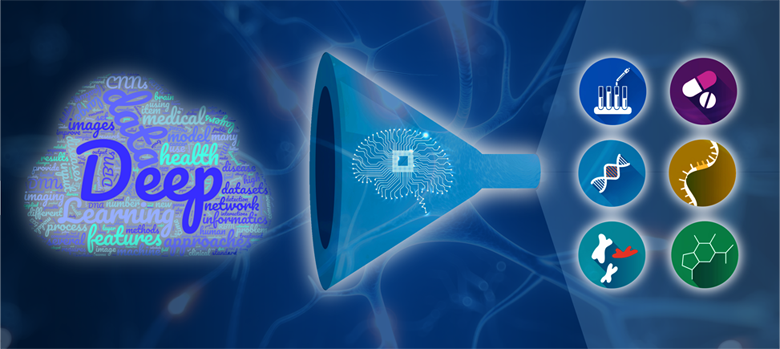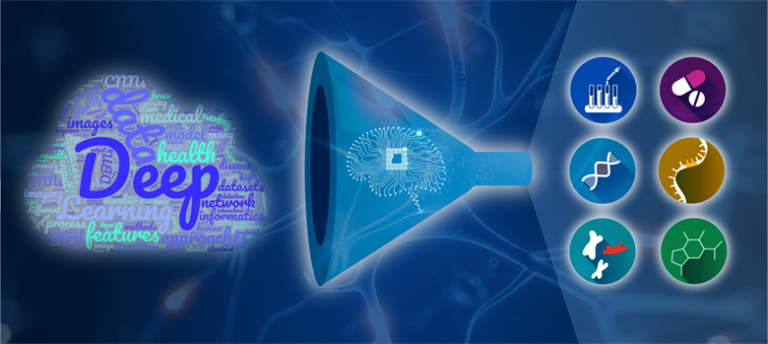
Deep learning is a rapidly advancing field in recent years, in terms of both methodological development and practical applications. It allows computational models of multiple processing layers to learn and represent data with multiple levels of abstraction. It is able to implicitly capture intricate structures of large-scale data and ideally suited to some of the hardware architectures that are currently available.
The purpose of this special issue is to report the latest advances in the field of deep learning for biomedical and health informatics, addressing both original algorithmic development and new applications of deep learning. In this special section, we have selected 9 papers submitted to this call and which covers different deep learning approaches for biomedical and health informatics:
- Deep Learning for Health Informatics
- Deepr: A Convolutional Net for Medical Records
- An Ensemble of Fine-Tuned Convolutional Neural Networks for Medical Image Classification
- Automatic Detection and Classification of Colorectal Polyps by Transferring Low-level CNN Features from Non-Medical Domain
- A Convolutional Neural Network for Automatic Characterization of Plaque Composition in Carotid Ultrasound
- A deep learning approach to on-node sensor data analytics for mobile or wearable devices
- Integrating Online and Offline 3D Deep Learning for Automated Polyp Detection in Colonoscopy Videos
- Multi-source Transfer Learning with Convolutional Neural Networks for Lung Pattern Analysis
- Sensor-based Gait Parameter Extraction with Deep Convolutional Neural Networks

